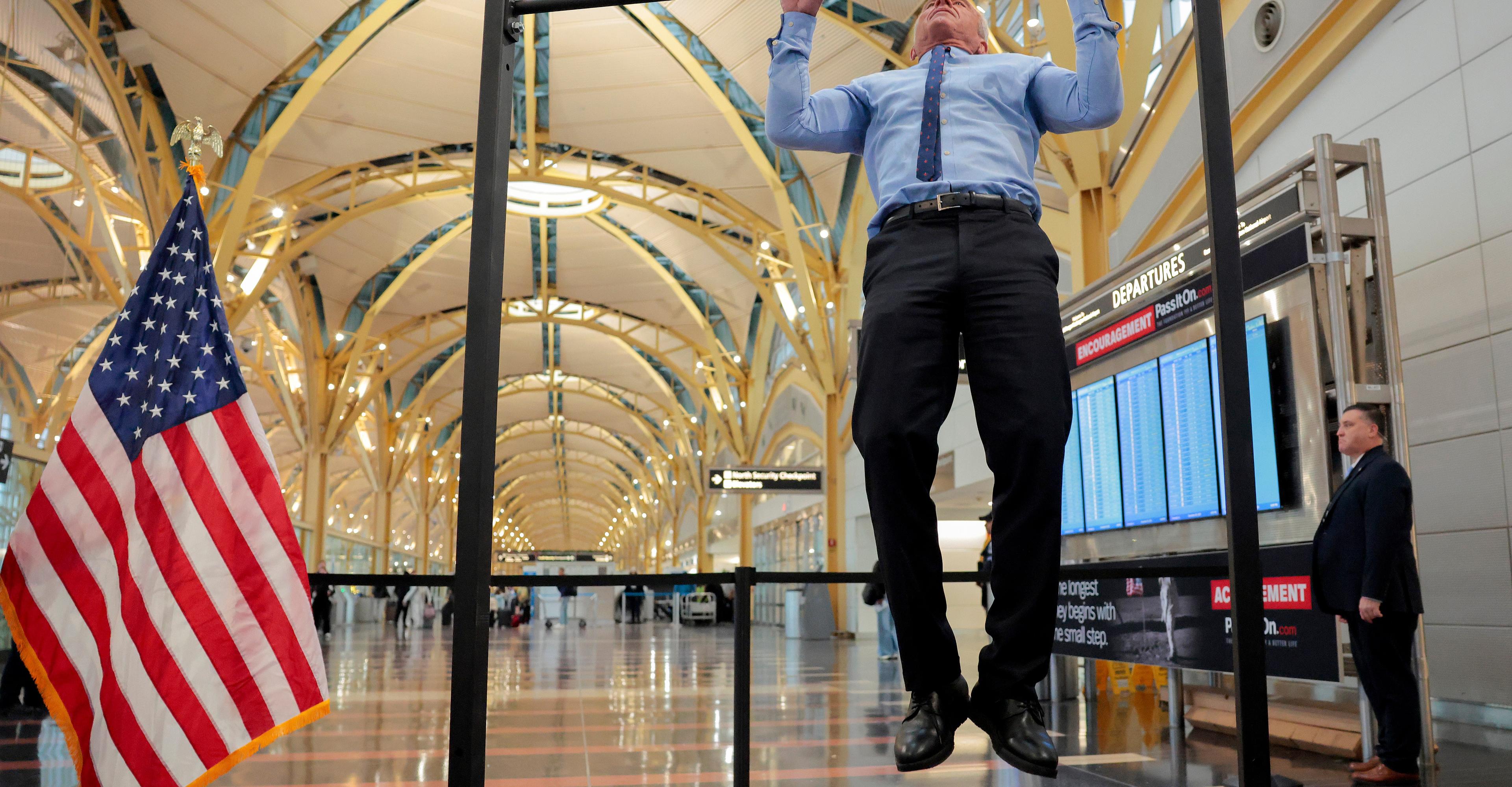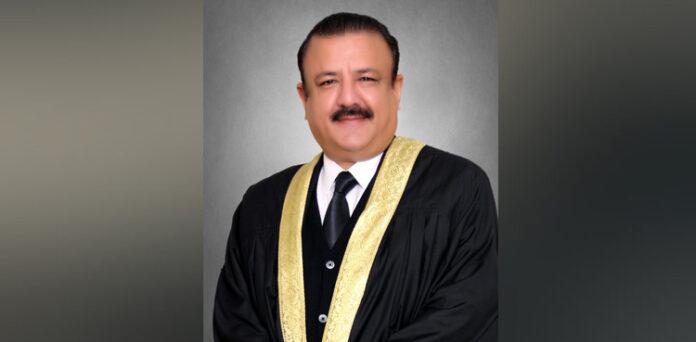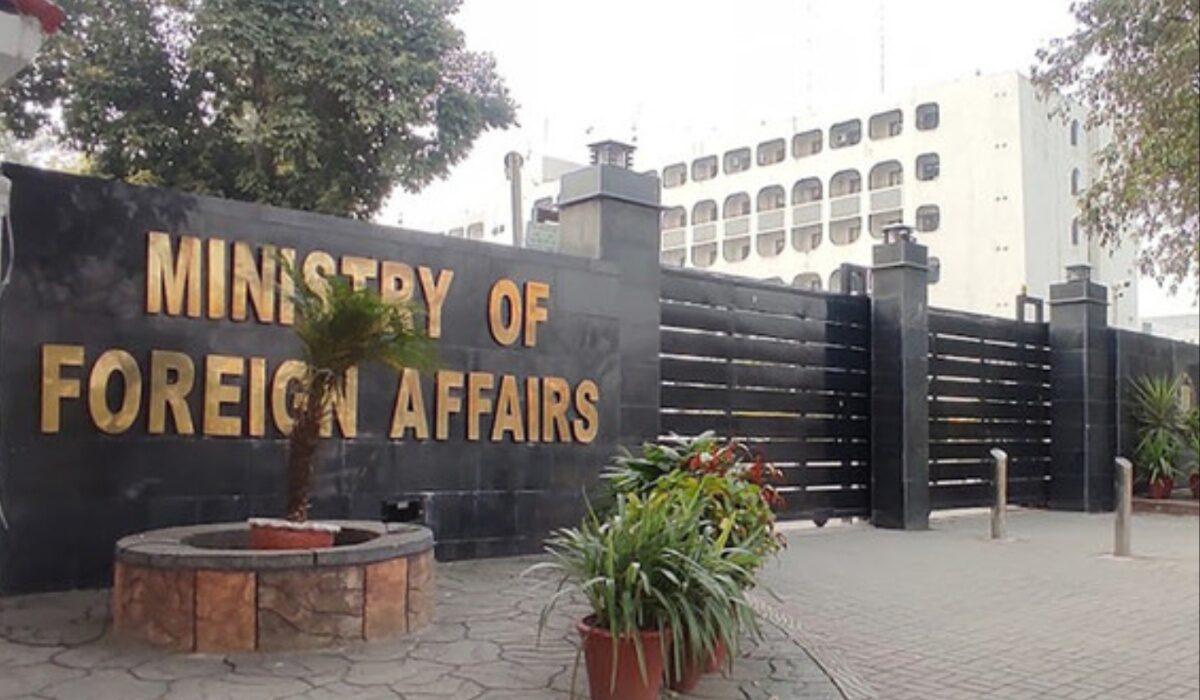A “hurricane of humanitarian crises” around the world has left civilians in conflict areas in the lurch and is compounded by a relentless wave of attacks on humanitarian and medical workers, the United Nations chief warned Friday.

Secretary-General Antonio Guterres said humanitarian needs are outpacing the ability of the United Nations and aid organizations to meet them, “turbocharged by the COVID-19 pandemic.”
“We are in uncharted waters,” he said in a speech to the U.N. Security Council read by Deputy Secretary-General Amina Mohammed.
“The sheer scale of humanitarian needs have never been greater,” Guterres said. “The United Nations and our partners are seeking to reach 160 million people with assistance this year -- the highest figure ever.”
He cited Ethiopia’s Tigray region, Afghanistan, Yemen and Syria as examples of the “bloody surge in humanitarian crises.”
From Tigray, he said, the U.N. has heard “credible reports” in the past few months of executions of civilians, arbitrary arrests and detentions, sexual violence against children and forced displacement “on a massive scale.”
“In Afghanistan, brutal attacks killed at least 24 civilians, including five health workers, during just one week in June,” he said. “Civilian casualties in the first quarter of this year increased by 29% compared to last year; the increase for women was 37%.”
The secretary-general said in Yemen, at least five civilians are killed or injured every day on average, 20 million people are in dire need of humanitarian aid, and five million “are face-to-face with famine.”
And in last month’s attack on one of the largest hospitals in northern Syria, which killed 19 civilians including three children, one missile reportedly hit the emergency room and another hit the delivery room, he said.
Guterres urged the Security Council to take strong and immediate action to support its resolutions on protecting civilians, humanitarian and health care workers, as well as hospitals, schools, water facilities and other “humanitarian space.”
Around the world, he said, security incidents affecting humanitarian organizations including shootings, assaults, sexual violence, kidnappings and raids “have increased tenfold since 2001.”
In Tigray, 12 aid workers have been killed since the conflict started in November 2020 and many more have been intimidated, harassed and detained, he said.
So fair this year, Guterres said, the World Health Organization has recorded 568 incidents affecting the delivery of medical care in 14 conflict zones including shootings, shelling, threats, equipment removals, and the militarization of medical facilities causing 114 deaths of health care workers and patients.
The secretary-general said it is becoming more difficult to provide aid to people in need, citing restrictions imposed by governments or parties to conflicts on the movement of humanitarian goods, long visa and customs procedures, delays at checkpoints, and high taxes and fees on supplies.
He urged governments to “support aid rather than blocking it,” and to make sure their “counterterrorism operations do not undermine humanitarian operations.”
Guterres also urged an end to practices that “politicize humanitarian action” including frequent attempts to interfere in humanitarian organizations’ selection of aid recipients and aid partners, counterterrorism legislation criminalizing humanitarian and medical activities — and conversely politicians and military members portraying aid as part of their counterterrorism agenda.
He also urged action to foster greater respect for international humanitarian law including training militaries, to hold accountable those responsible for attacks on humanitarian workers and to ensure that governments protect the ability of aid organizations to engage with all parties to conflict, including armed groups.

Tremors felt in Balochistan's Barkhan district
- 3 minutes ago

A Kinect for kids is outselling Xbox to become the hot console this holiday
- 13 hours ago

NFL Week 16 odds: Eagles can clinch NFC East with win vs. Commanders
- an hour ago
India summons Bangladesh envoy over security concerns in Dhaka
- 43 minutes ago
Pakistan, Russia express desire to develop mutual cooperation
- 2 hours ago
Arteta tells critics to back off struggling Gyökeres
- 12 hours ago

Gold prices surge, silver hits historic high in Pakistan
- an hour ago

YouTube made its video player easier to navigate on TVs
- 13 hours ago

My defense of a $40 cable paperweight – I’m sorry
- 13 hours ago

Many games from The Game Awards are now on sale
- 4 hours ago
Marko: Verstappen would've won if Horner left earlier
- an hour ago

Please don’t make airports healthy again. Just make them more efficient.
- 11 hours ago



